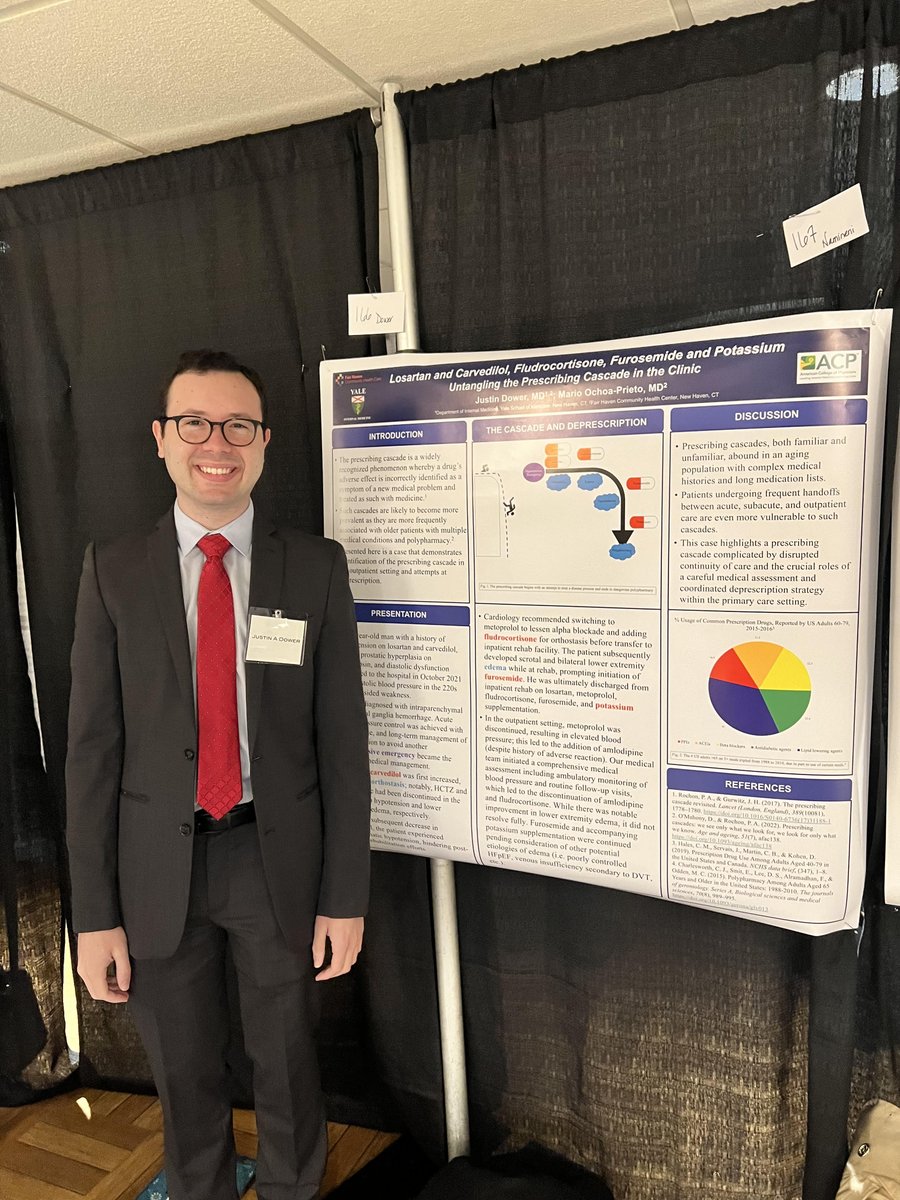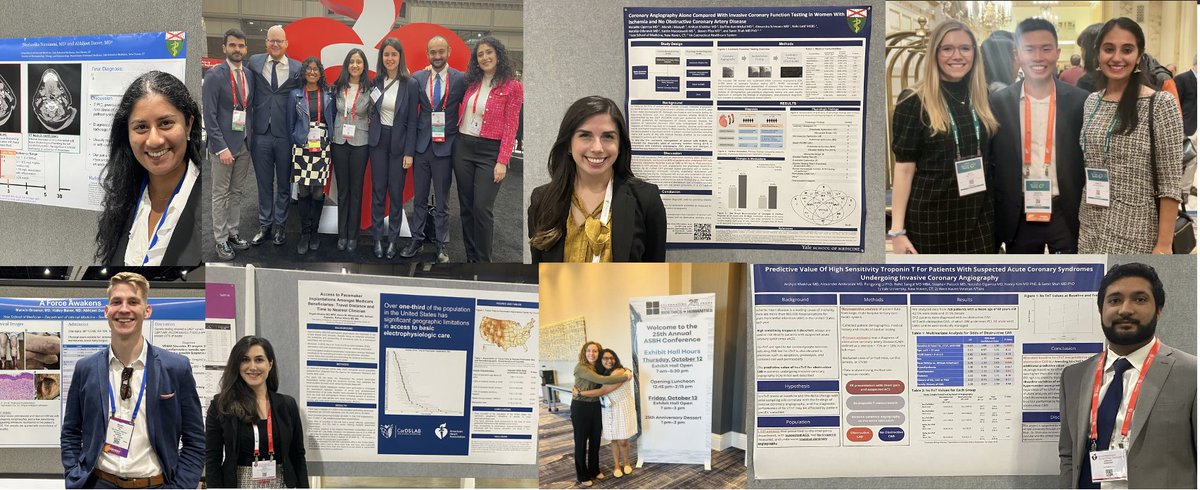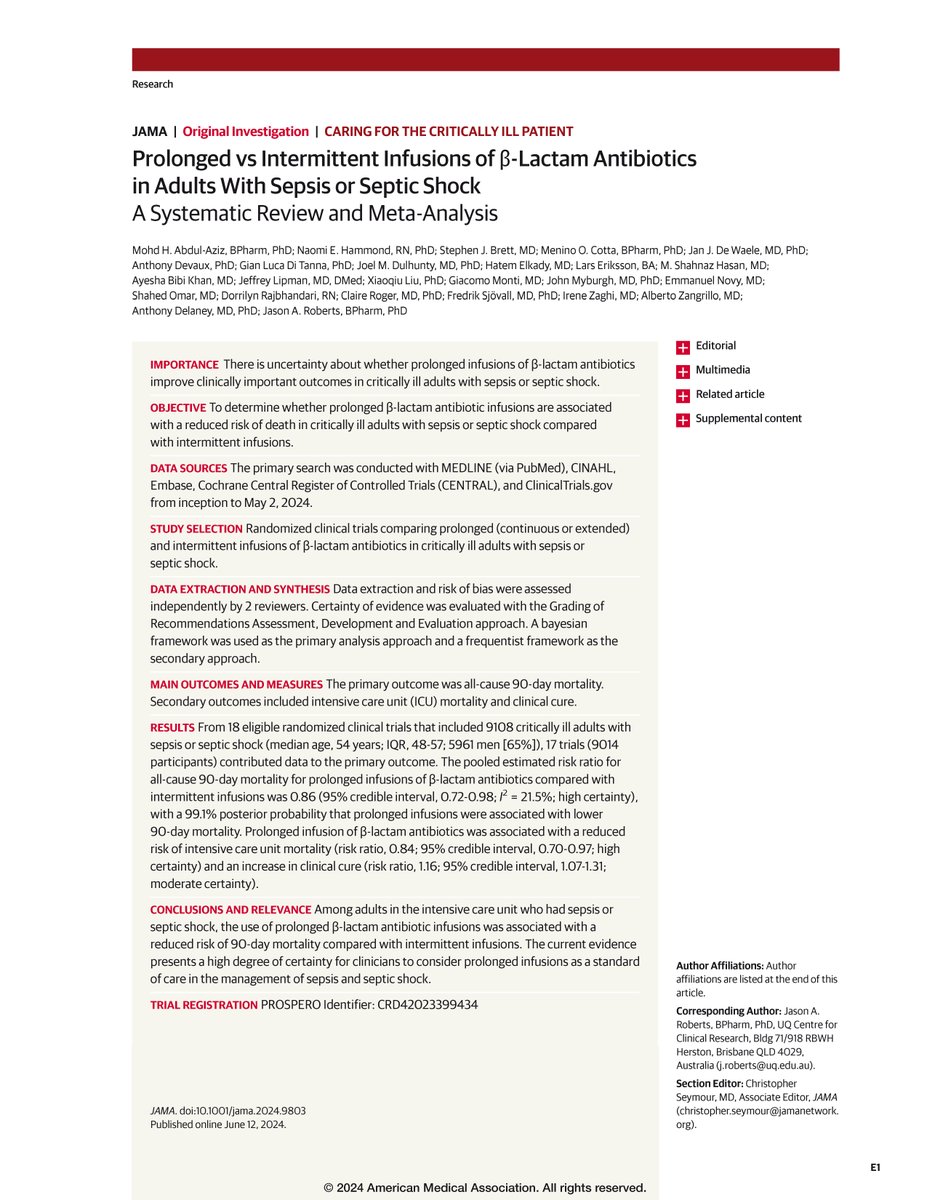
Sukrit Narula
@narulasukrit
CVD Research. PGY-something @YaleMedPSTP @YaleIMed. Past: @IcahnMountSinai @HEI_McMaster @PHRIresearch @Stanford
ID: 1083208362974765056
10-01-2019 03:46:13
761 Tweet
418 Followers
837 Following

Shout-out to ⭐️ Yale Internal Medicine Chiefs YaleMedPSTP Yale Cardiology resident Sukrit Narula for presenting his population health study on genetic predisposition to hypertension. #ESC2023 #ESCCongress


On the big stage European Society of Cardiology #ESCCongress #ESC2023 Evangelos K. Oikonomou CarDS Lab



Excited to see this new consensus document guiding PCI involving both bifurcation and CTO, and proud to see that our work with Evangelia Vemmou contributed to the evidence presented here on techniques and outcomes of these lesions as well as use of dedicated equipment!

Fantastic to see this in final form! An important publication from PHRI.ca Population Health Research Institute 🇨🇦 including Irfan Khan, MB BCh BAO, MSc., BSc. Kin Michael Chong Katherine Morrison Marie Pigeyre Sukrit Narula et al!

🎉 Big News! #PHRI Scientist Marie Pigeyre won the 2023 Cardiometabolic Research Award by CCS, Eli Lilly and Company, Heart & Stroke Richard Lewar Centre of Excellence in Cardiovascular Research, & Novo Nordisk. Congratulations! 👏 McMaster University Department of Medicine phri.ca/marie-pigeyre-…


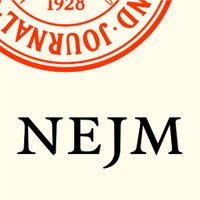
In patients w/ cardiovascular disease & overweight or obesity but no diabetes, semaglutide was superior to placebo in lowering the risk of major adverse cardiovascular events at a mean follow-up of 39.8 mos. Full SELECT trial results: nej.md/465pj91 #AHA23 AHA Science



How about we look at every study that's ever been done on LDL-Cholesterol? With 20 million person years of follow up? Enough nonsense. If you don't know, just stop with the nonsense. It's not a "gut feeling", or "I think". We have the data. As Layne Norton, PhD always says,
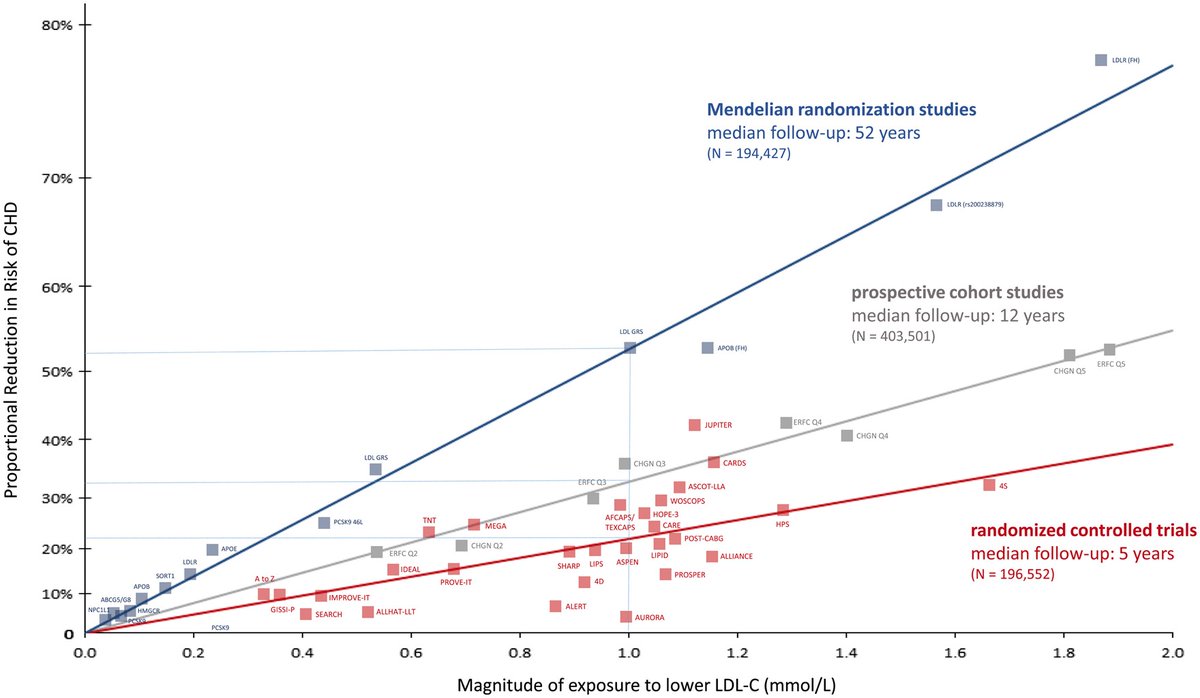




1⃣How good a surrogate is LDL-C for ApoB❓ Across levels of LDL, ApoB levels can vary by quite a bit DT differences in particle size🔸🔶 At an LDL-C of 130, 95% of people will have an apoB somewhere between 84 and 122 mg/dL Link to our 📜 JAMA Cardiology: jamanetwork.com/journals/jamac…




